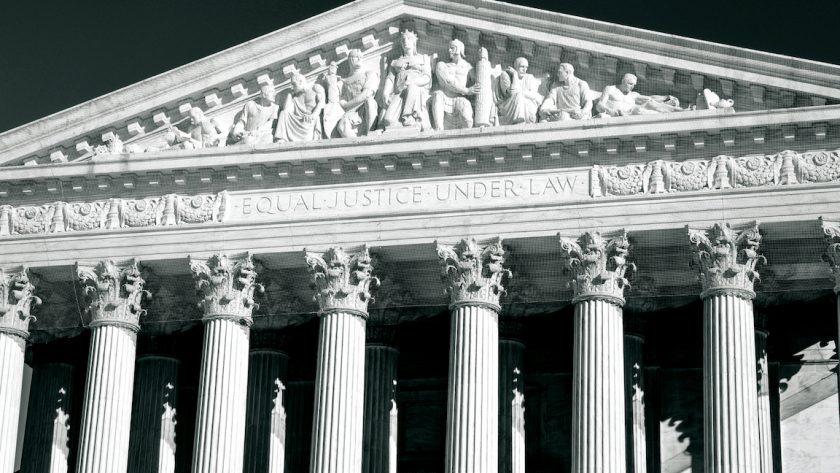The Rule of Law and Open Justice
Guest post by James Keeley The rule of law keeps us from chaos. It accepts who we are as human beings embracing our ethnicity, our sexuality and our abilities as well as our limitations. Through it we are given the chance to speak freely so long as we do so without prejudice and without harming… Continue reading
Guest post by James Keeley

The rule of law keeps us from chaos. It accepts who we are as human beings embracing our ethnicity, our sexuality and our abilities as well as our limitations. Through it we are given the chance to speak freely so long as we do so without prejudice and without harming anyone else. Giving us rights to live, to be educated and to love. Preventing us from being enslaved, arbitrarily imprisoned or tortured in anyway. Safeguarding peaceful public assembly and our private lives in equal measure. Providing care for the sick, a roof for the homeless and food for the hungry. Fighting against oppression and tyranny. Putting the weak, the vulnerable and the dispossessed on the same footing as the rich, the well connected and the strong. Promoting tolerance, compassion and equality whilst standing up to discrimination, bigotry and hatred.
It is as essential to humankind as the blood that runs through our veins. More than just a birthright it is an essential component of our DNA. Whilst the strands of our communities become increasingly fragmented the rule of law is the essential glue that helps bind all of us together.
A healthy, vibrant democracy provides the perfect conditions for the rule of law to grow. However, throughout the world, it is defiled and abused. Therefore, we need to protect, cherish and fight to uphold it.
Education and engagement are vital to help people to realise that our legal system is one of the best in the world. The more open justice becomes the more we will learn about our rights, our responsibilities and the rule of law all of which will help enhance society. We live in a digital world. Never before have we had such an opportunity to inform people about the law. Whatever platforms are used to make our law more accessible, such efforts are meaningless without raising awareness that they exist.
The Government should campaign and encourage people to learn about how justice operates in this country. However, with opportunities come risks. There are the competing interests of transparency on the one hand and the right to privacy on the other. The age of the internet means that yesterday’s news is no longer yesterday’s chip paper. For example, there is a real danger that people may not be able to reform or rehabilitate themselves because of a past crime being just a “Google” search away. Careful thought will have to be given in preventing such problems from occurring.
The case for more accessibility to the law is clear. Provided it is well advertised and has the necessary safeguards the benefits will be huge.
The Incorporated Council of Law Reporting carries out a very important role in getting making our law more accessible and as a result deserves both our gratitude and support.
James Keeley, Barrister
36, Bedford Row
Executive Committee member, Criminal Bar Association
Featured image: Supreme Court of the United States of America (by Brandon Bourdages, via Shutterstock).